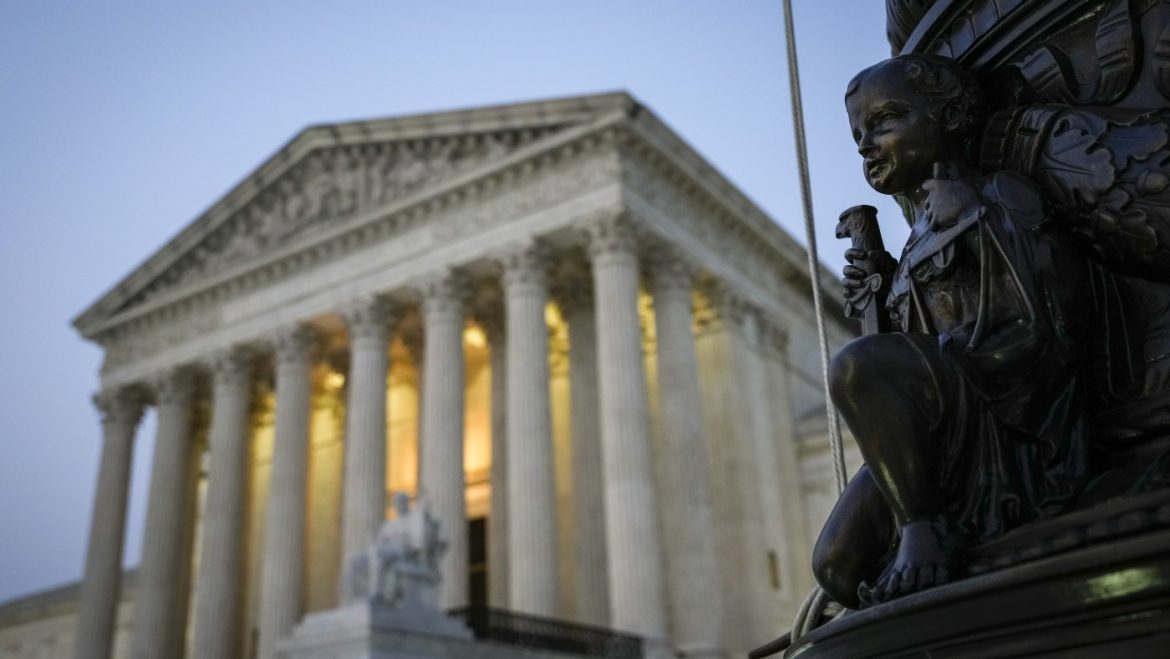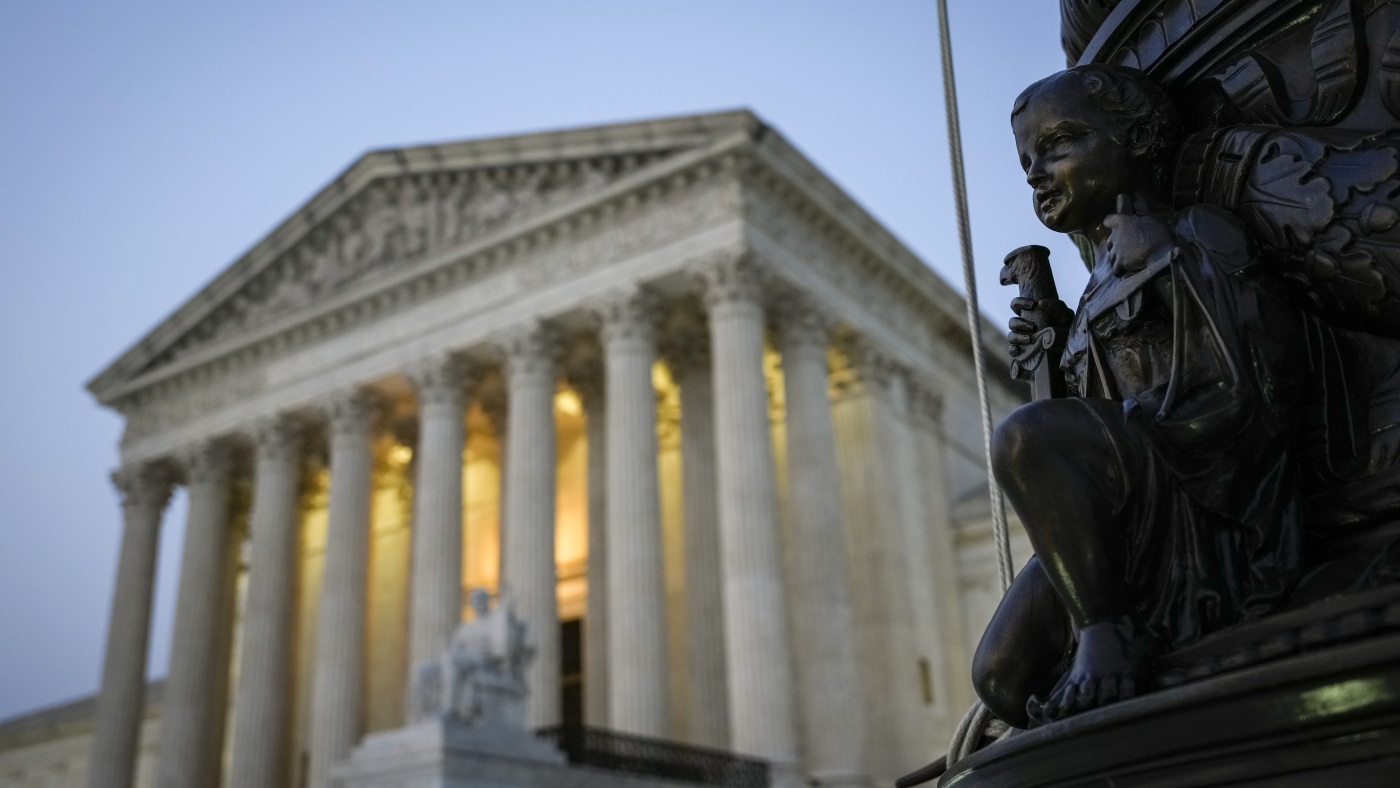Supreme Court’s Decision to Allow Trump Administration to End Humanitarian Parole Program
The U.S. Supreme Court recently ruled in favor of allowing the Trump administration to terminate a Biden-era humanitarian parole program. This program had granted temporary legal status to approximately 500,000 migrants from Cuba, Haiti, Nicaragua, and Venezuela, enabling them to live and work legally in the United States. The court’s decision temporarily lifts a lower-court injunction that had otherwise maintained these protections.
—
Background of the Humanitarian Parole Program
The humanitarian parole program continued from prior immigration policies designed to offer refuge and temporary protection to migrants escaping difficult conditions in their countries of origin. Under the Biden administration, this program expanded to grant temporary protected status (TPS) or parole to migrants from the four Latin American countries mentioned, protecting them from deportation and allowing legal employment. These safeguards aimed to address humanitarian crises and political instability impacting these nations.
—
Legal Challenges and Supreme Court Involvement
Facing legal challenges contesting the program’s legality and administrative procedure, a federal lower court initially blocked the Trump administration’s attempt to rescind these protections. Those opposing the termination argued that ending the program abruptly would jeopardize migrant communities, many of whom relied on the protections for their safety and livelihood.
However, the Supreme Court’s recent ruling overturns that injunction, permitting a pause on the humanitarian program. The justices’ decision reflects a judicial inclination to allow administrative discretion in immigration policy changes, especially regarding temporary protections conferred by the executive branch.
—
Implications of the Supreme Court Ruling
The ruling affects an estimated half a million migrants who benefited from the humanitarian parole program. These individuals now face the prospect of losing protected temporary status, which includes work authorization and a shield from deportation. The decision effectively opens the door for the Trump administration to dismantle protections reinstated or new ones created under the Biden government.
This development holds significant ramifications:
– For Migrants: A sudden loss of legal status could lead to deportations and disruptions in the lives of thousands of families who have integrated into American society, further exacerbating vulnerabilities.
– For Immigration Policy: The ruling underscores the volatile nature of immigration protections dependent on shifts in federal administrations and executive priorities.
– For Legal Precedent: It highlights the Supreme Court’s willingness to grant leeway to administrative agencies in immigration matters, especially in interpretations of statutory authority concerning humanitarian programs.
—
Contextualizing the Decision Amid Political and Humanitarian Debates
America’s immigration landscape often witnesses tension between humanitarian considerations and enforcement priorities. The Trump administration’s move to rescind this program aligns with its broader, stringent immigration stance, seeking to limit legal avenues available to migrants.
Conversely, proponents of the program emphasize the humanitarian need to continue offering safe harbor to displaced individuals amid political turmoil and economic hardship in their home countries. The Supreme Court’s decision reignites debates about the balance between executive power and migrants’ rights within U.S. immigration law.
—
Conclusion: A Pivotal Moment with Far-Reaching Consequences
The Supreme Court’s authorization for the Trump administration to end this humanitarian parole program marks a pivotal moment in the ongoing struggle over immigration policy in the United States. It reverses protections for hundreds of thousands of migrants whose futures now hang in uncertainty. Beyond immediate legal impacts, this ruling serves as a reminder of the fragile and ever-shifting ground on which immigration rights and protections stand—highly susceptible to political winds. The decision will likely shape future administrative actions, legal battles, and the lives of vulnerable migrant populations for years to come.


